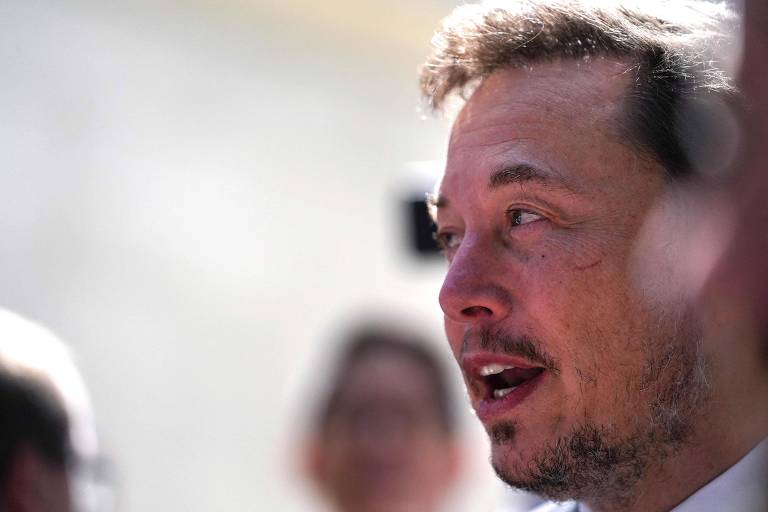When self-styled "free speech absolutist" Elon Musk bought Twitter and changed its name to X, he became an "X-man" complete with X-Men powers like making $22B in stock value invisible.
Since Musk’s takeover, he has made controversial regulatory changes he calls pro-free speech causing advertisers to leave the platform en masse and X’s worth to be cut by 60%. Musk has just offered his own explanation: the Anti-Defamation League (ADL) reporting increased targeted hate on X and calling for advertisers to boycott.
Musk’s response is typical of all of history’s free speech martyrs: to threaten to sue the ADL for saying that. This comes on the heels of a suit Musk launched last month against a different anti-hate organization, the CCDH, that has had similar findings about his platform. This caused me to wonder if when Musk called himself a free speech "absolutist" by "absolut" he meant the vodka.
Musk refutes the notion that he welcomes hate onto X. Putting aside the fact that multiple anti-hate groups are having this same data-driven conclusion and Musk’s heavy moderation staff and regulatory cuts, there are many glaring, if anecdotal, examples of his leniency towards hate.
When X reinstated Kanye West, after his anti-Semitic meltdown including swastika-laden posts and tweeting "...I’m going death con 3 on the Jewish people…", Musk tweeted at him "Welcome back to Twitter, my friend!". Quite literally welcoming hate on X. Sort of like baking cookies for Hitler. Sure, cookies aren’t racist, but it sends a symbolic message about the bakery. That symbol in this case… is a swastika.
Musk has framed his X ownership as a fight for free expression, democracy and a "battle for the future of civilization". Certain free speech advocates say some of Twitter’s pre-Musk censorship potentially caused some hate of its own. They feel Twitter’s previous management’s mass banning of many far-right users forced them to flock to other platforms, where, only being surrounded by similar thinkers, those thoughts bred in the dark like a mold.
In fact, many directly used such apps to organize for the US Jan 6th insurrection. Is this Musk’s thinking? Is he creating an ironclad marketplace of ideas, built on the notion that sunlight is the best disinfectant to preserve democracy? Many experts say: No.
Musk’s free speech dedication was tested when he agreed to Turkish President Erdogan's request to censor his critics' tweets during his tight presidential election in May. Some feel that the restriction of free speech to affect a democratic outcome is an odd way to promote free speech and democracy. It’s like putting out a fire with gasoline or a free speech absolutist suing an anti-hate group for… speaking.
Another test comes as the Saudi government has just handed the death penalty to a man for retweeting criticism against it. Some say Musk’s silence on the issue despite it being an abomination of his principles directly stemming from his platform’s use is because they are some of X’s top investors.
Musk has also built an unscrupulous, manipulative business reputation, having been accused of strategically tweeting to affect markets and his trades, dethrottling his internet service to interfere with the Ukrainian military and fraudulent claims about Tesla’s capabilities. While I am a proponent of free speech, in the end, all this makes Musk’s free speech absolut as hard to swallow as the vodka.
